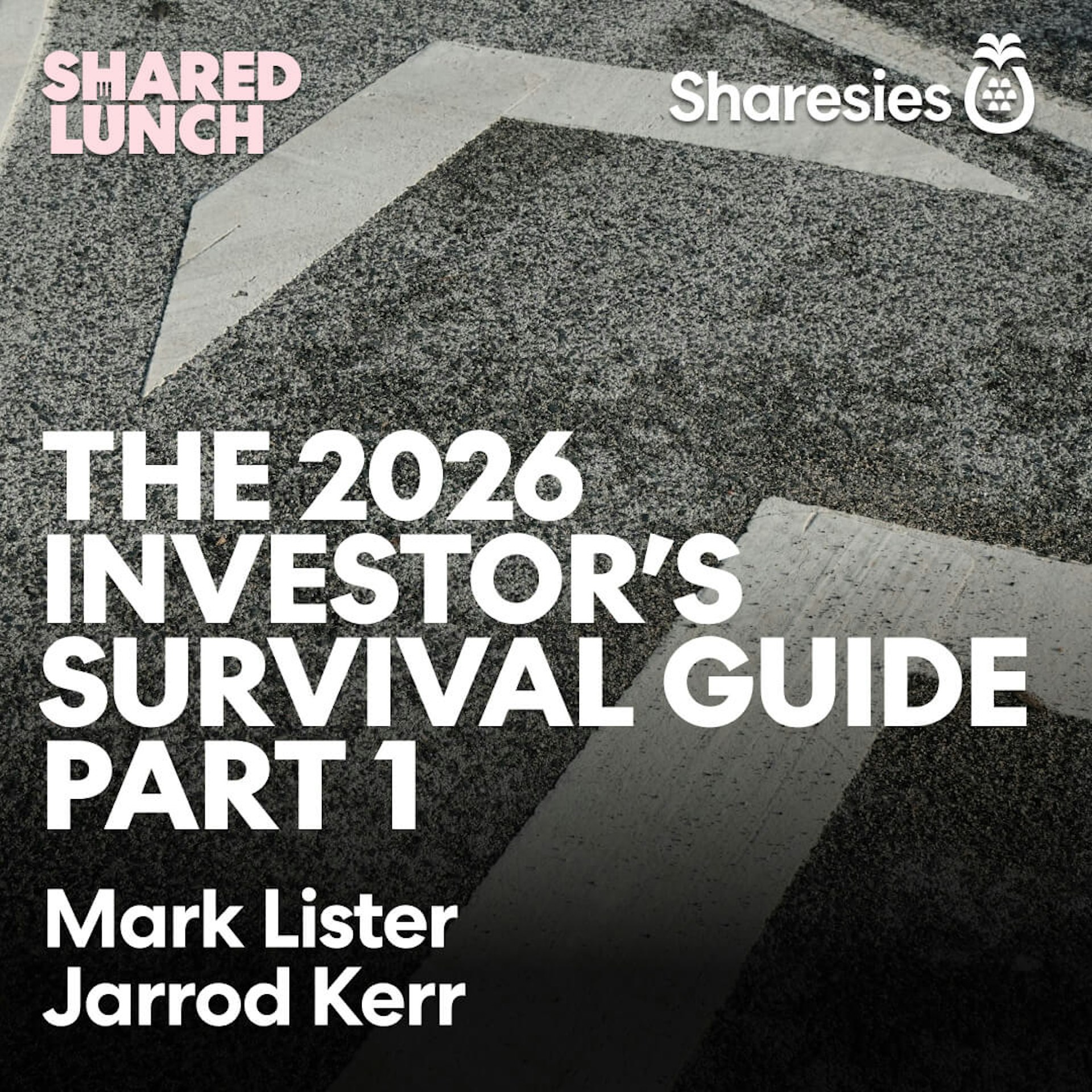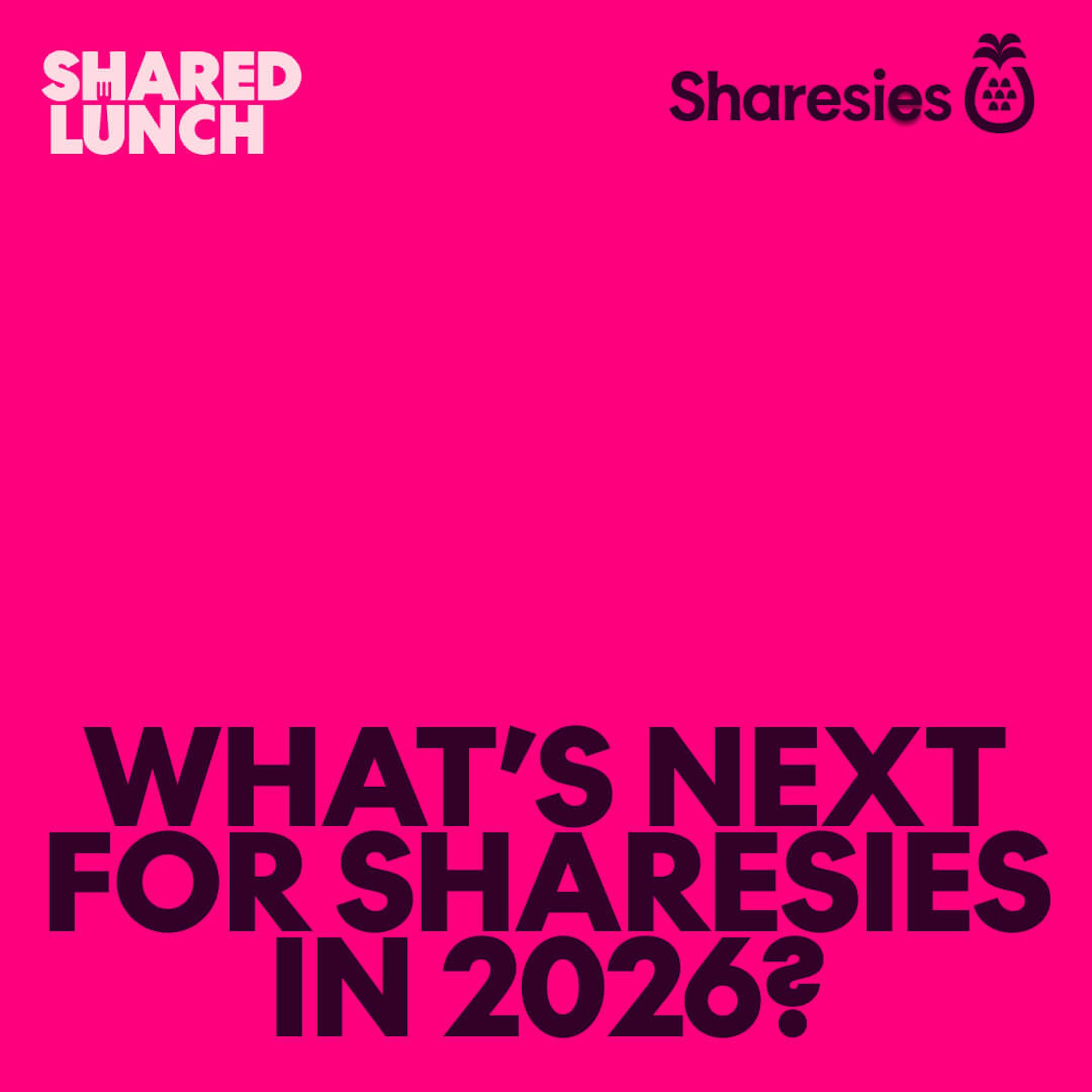What’s the deal with debt?
Everyone has a friend, or a friend of a friend, with a debt horror story. You know the ones—their credit card got out of control, they got some hire purchases, and next thing they knew they owed thousands of dollars all over town, with a crazy interest rate making it higher and higher every day.

It’s not a pretty picture.
But the reality is a lot more tame. Think of your car (if you have one). Your car is probably very useful for getting around, doing your shopping, and so on. But imagine if you never wore a seatbelt, always looked at your phone while driving and never drove slower than 140 km/hr! Then your car would be much less useful and much more dangerous.
Debt is the same way. Used correctly, debt can be useful. And used dangerously, debt can be something out of Fast and the Furious. Here are some facts to give you some ideas of how it works and what to look for when you’re taking on debt.
Feeling secure?
The main kinds of debt are secured debt and unsecured debt. A secured debt is when someone lends you money, but gets the right to take something from you if you don’t pay it back.
A car loan is a good example. If you borrow money to buy a car, then stop making your payments, the company you lent the money to will come take the car and sell it.

Please don’t take my car
If you’re wondering why someone would sign up for a deal like that, the answer is in the interest rate. If a company knows you have something of value, and they also know they have the right to sell it, then they are taking less risk. If they’re taking less risk, they can charge you less interest.
If you buy a car with a secured loan, then skip out on the debt, the lender can take your car and sell it. They’ve only lost the difference between what you owed and how much they got for the car, rather than the entire debt.
However, if you buy a car with an unsecured loan, like a credit card, then stop paying your bills, the credit card company needs to try and get that money off you. They don’t necessarily know that you have a car, and the process to take it from you and sell it is going to be harder than a secured debt would be, so they may well lose the entire loan.
How do they protect themselves? They charge a higher interest rate.
That’s the tradeoff you should think of when you’re looking at debt. If an interest rate is low, it will be because the lender thinks they’re taking less risk—and if the interest rate is high, they think they’re taking lots of risk.

Credit for credit cards
Now that we’ve wrapped our minds around that, we can look at everyone’s favourite unsecured debt: credit cards.
Since credit cards are unsecured, they tend to come with a pretty steep interest rate—often around 20%. That is really quite a lot! Add some compounding interest in and that’s well over $200 a year on a $1,000 balance.
The key, then, is to keep your balance nice and low. There’s nothing really wrong with using a credit card. Maybe payday is tomorrow, and you want to go out for lunch today. If you’re disciplined about paying your card off after you get paid, then it’s not really a big deal. The credit card helped you enjoy your lunch, and you can just pay it off when you get paid tomorrow.
This is even better when you add on the extra stuff some credit cards offer—things like reward points and interest-free periods. Some credit cards wait as long as 45 days to start charging interest! So if you swipe your card, then pay it off the next day, you got to go out to lunch, and you paid no interest to do so.
Some people even use their credit cards for everything, then make sure they pay them off before they get charged interest. This lets them accumulate loads of reward points like FlyBuys.
The last word
So debt is neither good, nor bad. Like most things with finances, it comes down to how you use it. Only you know what kind of spender you are, and whether you’ll be able to take on debt in a responsible way. If you can, then go for it!
But if you think you’re a little free and easy with your money, then maybe steer clear of debt for now—the last thing you need is to become one of those debt horror stories we talked about at the beginning of this post.
Ok, now for the legal bit
Investing involves risk. You might lose the money you start with. If you require financial advice, you should consider speaking with a qualified financial adviser, or seek independent legal, taxation, or other advice when considering whether an investment is appropriate for you. Past performance is not a guarantee of future performance. This content is brought to you by Sharesies Limited (NZ) in New Zealand and Sharesies Australia Limited (ABN 94 648 811 830; AFSL 529893) in Australia. It is not financial advice. Information provided is general only and current at the time it’s provided, and does not take into account your objectives, financial situation, and needs. We do not provide recommendations. You should always read the product disclosure documents available from the product issuer before making a financial decision. Our disclosure documents and terms and conditions—including a Target Market Determination and IDPS Guide for Sharesies Australian customers—can be found on our relevant NZ or Australian website.
Join over 930,000 people



